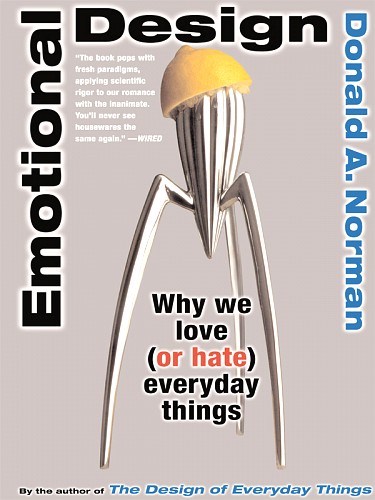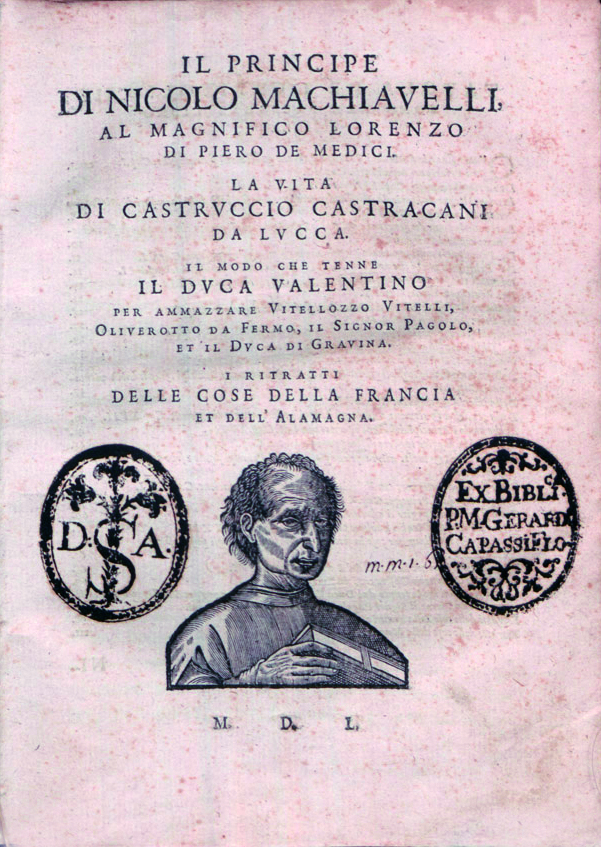What level are we talking about here? High schooler? Informed lay-person? Expert? Are we talking about autodidacts or people who have access to schooling? There are sections like philosophy and political science and sociology... and, well, frankly most of them, where I wouldn't recommend most of the primary "seminal texts" for someone who is self-starting. Instead, I'd recommend secondary texts that help contextualize the primary texts. On the other hand, if we're talking at a graduate level, readers would probably want to read the primary texts at that point.
Especially philosophy and political science. Anyone reading Marx, Durkheim, Weber, or even Locke, Burke, Bentham, Hayek, etc out of context, just by picking up their primary texts, is going to do themselves a huge disservice.
I'd also argue that in most of the fields, the seminal works aren't trade paperbacks, they're either textbooks or journal articles. You wouldn't be studying foreign policy from a book, you'd be studying it from the X Memo and the Journal of Democracy and countless other sources.
Regardless of how it turns out, you probably ought to include "Godel, Escher, Bach"--Crunched mentions it above--under Linguistics, Computer Science, and Philosophy. You probably ought to include "Flatland" under mathematics. Elliott Layton's "Hunting Humans" under Criminology or Sociology. All of these are approachable enough that I'd recommend them for self-starters. For Mathematics you could probable add the Stewart calculus text, since it's used by probably the better part of the English speaking world.
International Relations (theory):
Samuel P. Huntington: The Clash of Civilizations
Francis Fukuyama: The End of History and the Last Man
While I'd recommend both books for exactly the reason you mention, I'd also not recommend them to anyone who just wandered in to the subject. Typically when these works are taught, they're taught in a course that's already went through IR in the cold war (bipolar, containment, etc), and then they contextualize the collapse of the soviet union and the emerging world order of the 90s. So I think it does someone a disservice to just pick these up, read them, and internalize them.
I mean this is a fundamental problem here--you have people in this thread who are largely not autodidacts, who were largely taught by professors who gave everything a good context and within programs that ensured a good progression of knowledge... and yet the works are being recommended to people who may or may not be in the same situation.





